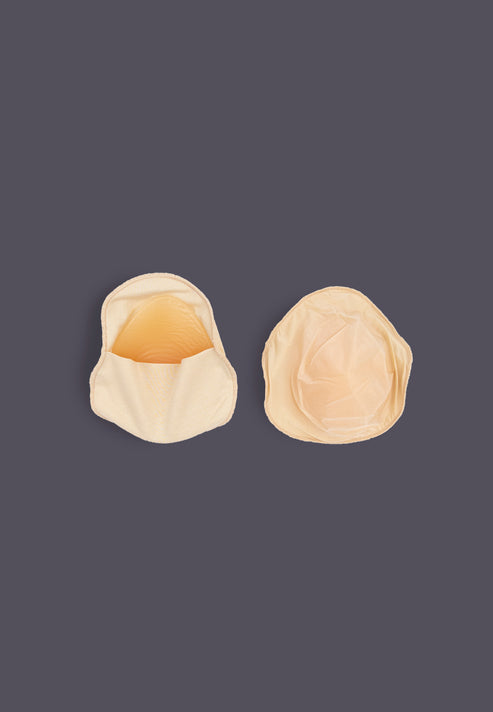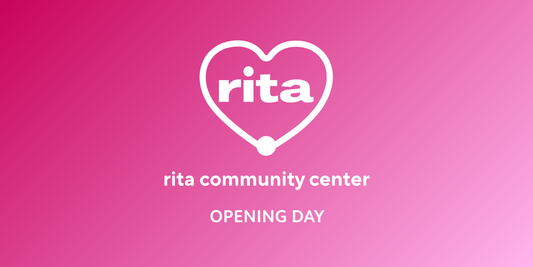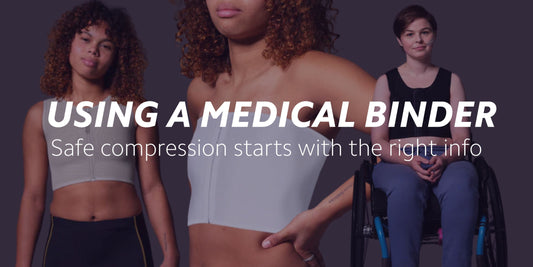October is Breast Cancer Awareness Month, a time to raise awareness about one of the most common forms of cancer worldwide. Although it is often associated with cisgender women, breast cancer can affect anyone who has breast tissue. That includes trans men, trans women, nonbinary people, cis men and individuals assigned male at birth.
Understanding that breast cancer is not limited to one gender or body type helps create better awareness and access to care. This article explores what breast cancer is, how it can affect different people, how to recognize early signs, and where to find inclusive healthcare and support.
What Is Breast Cancer
Breast cancer develops when cells in the breast tissue grow uncontrollably and form a tumor. It can begin in the ducts, lobules, or other tissues and may spread to nearby areas or lymph nodes.
Common signs of breast cancer include:
-
A lump or area of thickened tissue in the breast or chest
-
Changes in the skin, such as dimpling, redness, or swelling
-
Changes in the nipple, such as inversion, discharge, or scaling
-
Pain or discomfort that does not go away
Not all changes mean cancer, but noticing differences early and consulting a medical professional can make an important difference in outcomes.
Breast Cancer Across Different Bodies
Trans Women and AMAB People
Trans women and other people assigned male at birth who use estrogen for a longer period have a higher risk of developing breast cancer than cis men, although the risk remains lower compared to cis women. Hormones influence breast tissue growth, which makes regular monitoring important. Medical professionals often recommend starting screenings around the age of 40, especially after several years of hormone use or in the presence of family history.
Breast cancer can also occur in cisgender men, although it is rare. Awareness is essential because many cases are discovered late due to lack of screening and awareness.
Trans Men and AFAB People
For trans men who have not undergone top surgery, the risk of breast cancer is similar to that of cis women. Those who have had chest surgery usually have a lower risk, though small amounts of breast tissue can remain. This means that some risk still exists, and medical checkups can still be beneficial.
Breast reconstruction or the use of binders does not cause breast cancer, but awareness of changes in the chest area remains important for everyone.
Nonbinary and Intersex People
Anyone who has breast tissue, regardless of hormone use or surgical history, can be affected by breast cancer. Individualized screening plans are best created in consultation with an inclusive healthcare provider who understands gender diversity.
How to Recognize and Check for Breast Changes
Self-Observation
Learning what is normal for the chest and breast area helps to notice any changes early. Looking and feeling for unusual lumps, swelling, or differences in skin texture once a month can be helpful. This can be done while standing or lying down, using gentle circular movements of the fingers to check the entire area including the armpits.
Medical Examinations
Healthcare professionals may recommend different types of imaging depending on anatomy and medical history:
-
Mammography is the most common screening method for early detection
-
Ultrasound is often used to examine dense tissue or clarify findings
-
MRI can be used for individuals with higher risk or complex cases
People who have had chest surgery or implants should inform their medical provider so the appropriate imaging method can be chosen.
Inclusive Care and Screening Worldwide
Access to inclusive healthcare is essential for early diagnosis. Many clinics and organizations are now working to provide affirming and gender-aware care.
Europe
-
Netherlands: Netherlands Cancer Institute (NKI/AVL), Alexander Monro Breast Cancer Hospital, Breast Care Nederland
-
United Kingdom: Breast Cancer Now, Gendered Intelligence Health Hub
-
Germany: Deutsche Krebshilfe
North America
-
United States: Planned Parenthood, Fenway Health, Callen-Lorde Community Health Center
-
Canada: Rainbow Health Ontario, Canadian Cancer Society
Global Resources
-
OutCare Health LGBTQ+ Healthcare Directory
In many countries, national screening programs are adapting to include transgender and intersex individuals. For example, in the Netherlands, it is now possible to register for the national breast screening program regardless of gender marker if breast tissue is present.
Barriers and Awareness
Transgender and nonbinary people often face obstacles such as being excluded from screening invitations, experiencing discomfort during exams, or encountering healthcare providers who lack awareness. Education and visibility are key to improving care. Advocating for inclusive medical policies helps ensure that everyone with breast tissue has equal access to screening and support.
Caring for Every Body
-
Learn what is normal for the chest and breast area
-
Stay aware of any changes and seek medical advice when needed
-
Keep track of family medical history and hormone use
-
Find healthcare providers who respect gender diversity and body autonomy
-
Support others by sharing information and encouraging regular checks
Your body deserves care
Breast cancer can affect every body, regardless of gender identity or anatomy. Awareness, early detection, and access to inclusive care save lives. Breast cancer awareness should not only focus on one type of body but embrace everyone who may be affected.
This month and every month, remember that all bodies deserve care, respect, and attention. Health belongs to everyone.




